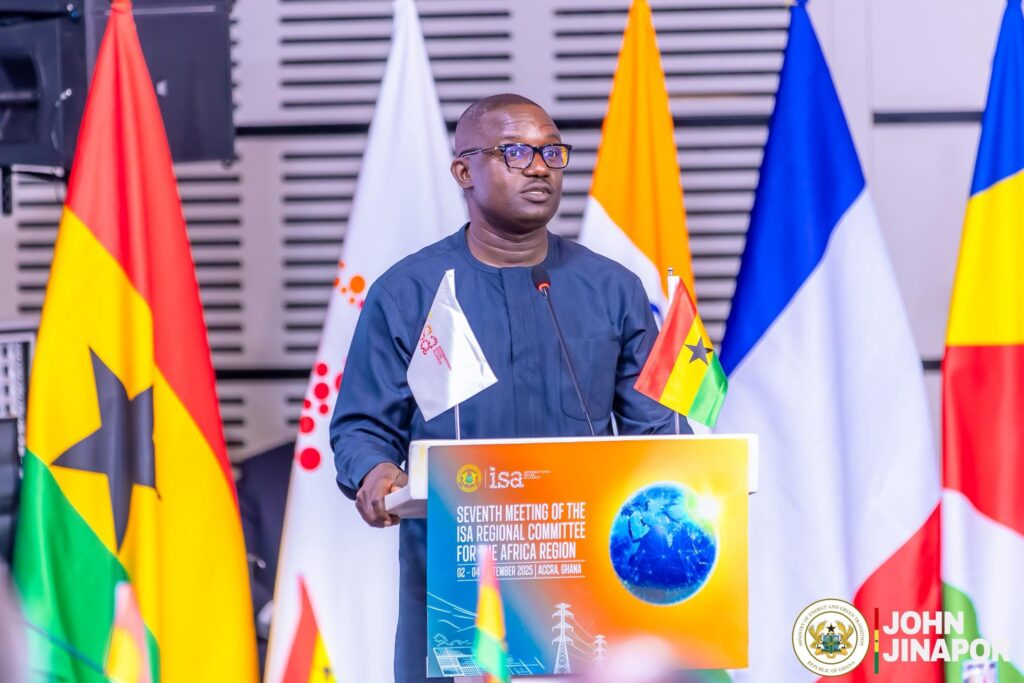By Prince Ahenkorah
Ghana and sixteen other nations have signed onto Mission 300, a sweeping initiative led by the World Bank Group and the African Development Bank Group to connect 300 million Africans to electricity by 2030.
The announcement came during the Bloomberg Philanthropies Global Forum, where leaders from across the continent endorsed National Energy Compacts—country-specific blueprints aimed at accelerating electrification through infrastructure investment, policy reform, and private sector engagement.
World Bank Group President Ajay Banga didn’t hold back: “Electricity is the bedrock of jobs, opportunity, and economic growth. Mission 300 is not just a target—it’s a transformation.”
Since its launch, the initiative has already connected 30 million Africans, with 100 million more in the pipeline. But the real ambition lies in reforming broken systems, stabilizing utilities, and slashing costs to make power accessible and sustainable.
Joining Ghana in this continental push are Benin, Botswana, Burundi, Cameroon, Comoros, Republic of the Congo, Ethiopia, The Gambia, Guinea, Kenya, Lesotho, Mozambique, Namibia, São Tomé and Príncipe, Sierra Leone, and Togo.
Earlier this year, Chad, Côte d’Ivoire, DRC, Liberia, Madagascar, Malawi, Mauritania, Niger, Nigeria, Senegal, Tanzania, and Zambia also signed on—bringing the total number of committed countries to 29.
Together, they’ve pledged over 400 policy actions to fix utilities, de-risk investments, and remove barriers that have long stalled Africa’s electrification.
Each Energy Compact is built on three pillars:
– Infrastructure development
– Financing mechanisms
– Policy reform
These compacts are not just paperwork—they’re roadmaps backed by technical support from global partners like the Rockefeller Foundation, GEAPP, SEforALL, and the World Bank’s ESMAP.
Ghana’s President John Dramani Mahama called universal energy access “central to inclusive growth,” emphasizing that “strong government–private sector partnerships” are key to unlocking opportunity.
Botswana’s President Duma Boko pledged reliable energy for all. Cameroon’s Paul Biya leaned into renewables. Congo’s Denis Sassou Nguesso touted hydroelectric potential. Ethiopia’s Taye Atske Selassie stressed regional interconnections. Kenya’s William Ruto tied his country’s energy goals to its Bottom-Up Economic Transformation Agenda.
From Lesotho’s “mountain winds” to Mozambique’s export ambitions, leaders painted a vivid picture of Africa’s energy future. Sierra Leone’s Julius Maada Bio called his compact “the most ambitious infrastructure plan” in the country’s history. Togo’s Faure Gnassingbé promised to turn his nation into a competitive energy hub. São Tomé and Príncipe’s Américo dos Ramos is chasing $190 million in private investment. Burundi’s Edouard Bizimana said the private sector must lead the charge.
Mission 300 is not just about lighting homes—it’s about powering industries, creating jobs, and positioning Africa as a global leader in renewable energy.
The message from the continent’s leaders is clear: universal access to clean, reliable, and affordable electricity is no longer a dream—it’s a demand. And with Mission 300, Africa is finally flipping the switch.


